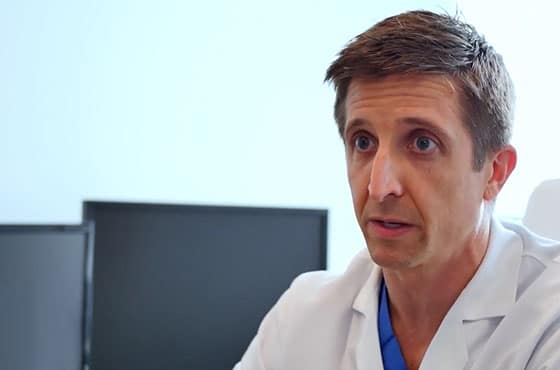How to track your ovulation
01/28/2022
Learn how to track and confirm your ovulation, a crucial step in timing intercourse to get pregnant from Dr. Anne Hutchinson. These methods can help predict when you will ovulate, or alert you to possible ovulatory disorders. This video will discuss:
- How ovulation works
- Using a predictor kit
- Signs and symptoms
- Basal body temperature tracking
- What if I’m not ovulating?
- How a specialist can help
Ovulation is the stage during a woman’s menstrual cycle when a mature egg is released from the ovary and enters the Fallopian tubes, where it either becomes fertilized with sperm or disintegrates. Dr. Hutchinson walks through the role that your hormones play in this cycle, including follicle stimulating hormone (FSH), estrogen, progesterone, and luteinizing hormone (LH).
Your “fertile window” is generally 6 days leading up to and ending on the day of your ovulation, so if you are trying to get pregnant, it’s important to know your body’s schedule. Ovulation predictor kits, your cervical mucus, and basal body temperature tracking can all help you pinpoint your windows to increase your chances of getting pregnant.




